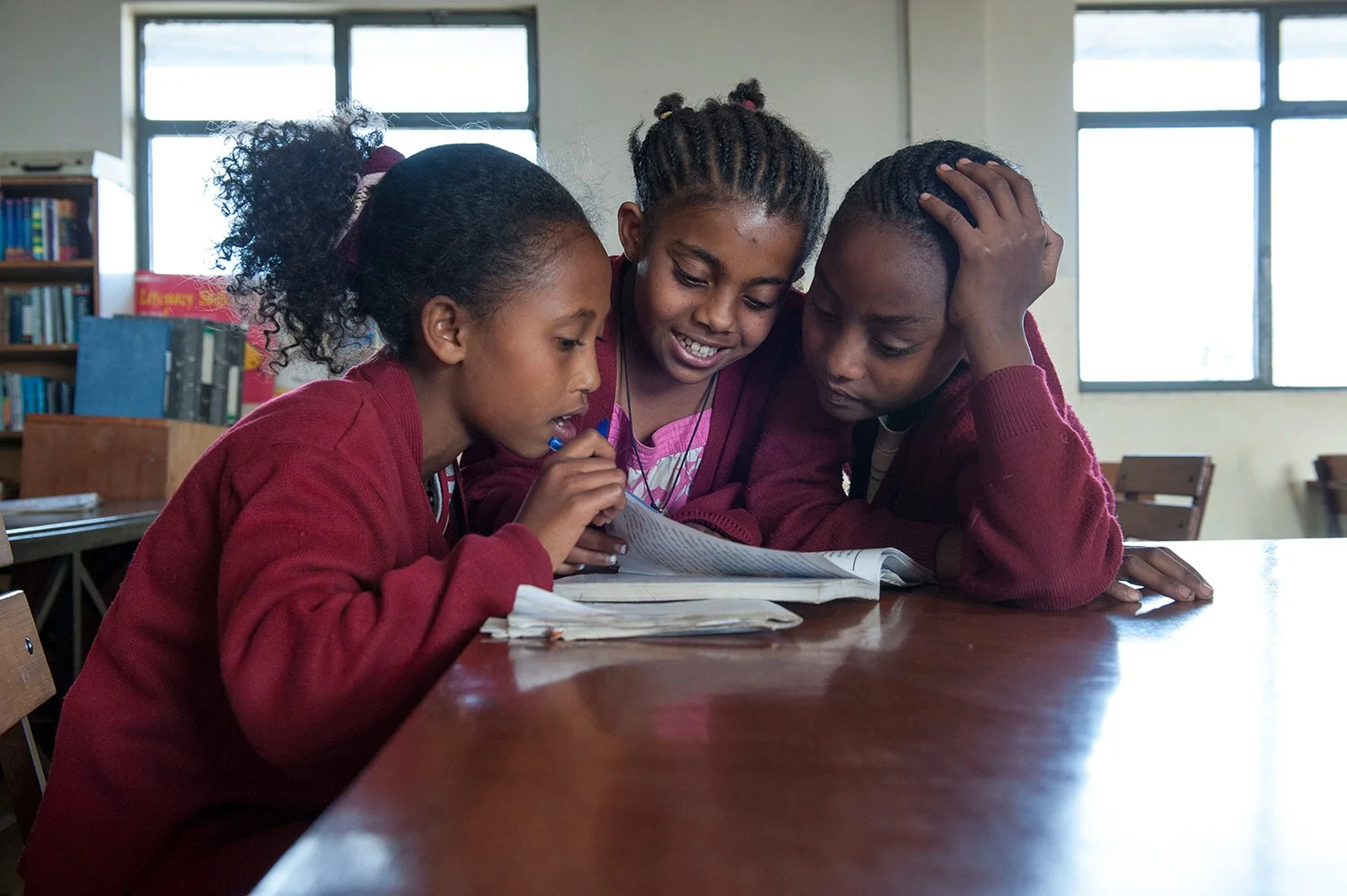Initial situation
In the slums, many particularly poor families are left to fend for themselves. The most vulnerable are hit hardest: single mothers and their children. In many poor areas of the capital Addis Ababa, many of these mothers suffer every day because they cannot provide their children with enough food. Because the children do not receive enough and balanced nutrition, their health development is at risk.
The only chance for children to escape poverty is through schooling. But they are often too weak from hunger to achieve good grades: with an empty stomach they cannot concentrate and fall behind. Some drop out of school to earn money as day laborers.
AIDS, tuberculosis and other diseases of poverty make many children orphans. Foundlings are numerous in the cities. Sick and desperate mothers often abandon their babies on church grounds. In one of the poorest countries in the world, private initiatives are needed to guarantee these children a safe home and a good upbringing.

Our help for self-development
Diverse support
AGOHELMA, the organization of the humanist Abebech Gobena (1935-2021), runs a variety of aid projects in a poor area of the capital Addis Ababa. A close collaboration developed from her friendship with the founder of Menschen für Menschen, Karlheinz Böhm.
The heart of the project is the orphanage. 37 kids find material supplies and human closeness there. Menschen für Menschen covers all costs for them, such as accommodation, schooling and medical care. Carers are there for the children around the clock and take on a motherly role. A psychologically trained carer supports the children when they are suffering from mental illness. Foundlings in particular often suffer because their birth mothers left them in public places. The children in the home also receive tutoring services to ensure their success at school. The tutors not only impart technical knowledge, but also how to do homework together and support each other.
In addition to the children's home, we facilitate nutrition programs in the slums. Many small children there show symptoms of malnutrition - which threatens long-term damage to their health and development. Each child receives ten kilograms of protein-rich supplementary food made from wheat and soy and one liter of cooking oil every month for six months. At the same time, the mothers receive lessons on how they can offer their children the most balanced diet possible despite their modest financial resources.
Over the years, other facilities have opened around the orphanage. Not only the children from the home attend the school, but also almost 500 children from the surrounding neighborhoods.
